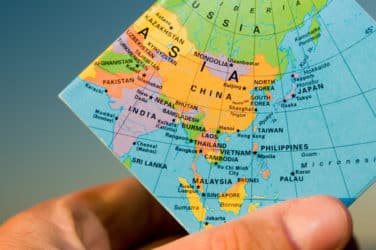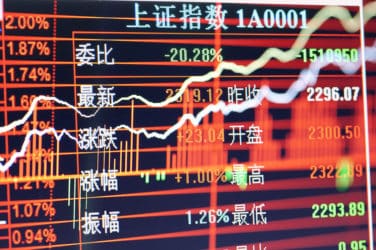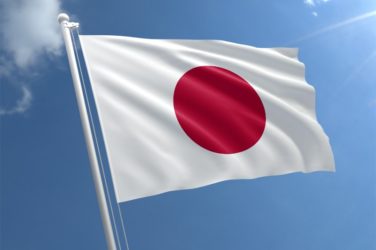
As trading volumes continue to flatline across the globe, it appears that the equity market power base may be slowly beginning to realign itself eastwards towards Asia.
In the past few days alone, two more big players in the equities sphere—Deutsche Bank, Germany’s biggest lender, and Japanese brokerage Nomura—have announced staff cuts and scaled down expansionary plans to deal with a shaky global economy.
But, in Nomura’s case at least, there appears to be a refocusing of efforts in its home continent of Asia with most of its reported $1 billion cutbacks coming from Europe and the U.S. and a business model that will now be more Asian-oriented.
“The increasing importance of Asia is being felt worldwide as investors seek to tap into these growing markets,” said Naoki Matsuba, joint head of global equities at Nomura.
Regulation, too, could be accelerating this shift to Asia. Some market participants believe that the mass of upcoming rules, which are being introduced in various jurisdictions across the globe, aimed at bringing more transparency and less risk to markets following the global financial crisis, will be more onerous in the U.S. and Europe—with Asia seen as a more lenient place to conduct business.
For instance, the European Securities and Markets Authority (Esma) has introduced new rules to better monitor high-frequency trading, which accounts for over 60% of volumes in U.S. equity markets and around 40% in Europe, while the U.S. Securities and Exchange Commission is planning a round table next week on the matter to explore ways to safeguard markets against automated systems.
Asia, full of disparate regulators, appears some way behind the curve on this despite Hong Kong’s Securities and Futures Commission, in a July consultation paper, proposing guidelines for algorithmic trading and direct market access, including the annual inspection of algorithms and systems put in place to prevent erroneous trades spewing into the marketplace.
“Asia is already assuming that Esma is going to come down hard on HFT in Europe and they are preparing for it,” Terry Keene, president and chief executive of iSys, a U.S. technology vendor, told Markets Media.
“Many venues in Asia are building out exchanges that can handle half the volume of what is going on in Europe today. And they can handle their trades on the back of a toilet paper today. It’s the same in Africa. Huge exchanges are being built in comparison to their current market. Asian exchanges are assuming that traders will move their trades as Esma is going to come down hard in Europe.”
Keene added: “My guess is that Asia is going to be much more attractive, Singapore and Hong Kong specifically, but the Asian markets are really competitive—they really love the volume—so will be much more accommodating and much more open to negotiation. It’s kind of like the old West; it’s like a new frontier and there is going to be a lot of flexibility.”
The eurozone sovereign crisis, too, is hardly helping Europe’s cause, although its repercussions are also being felt heavily across the globe. Nomura, for one, thinks that these economic forces are definitely pushing traders towards Asia.
“Equity markets are being dramatically reshaped globally as a result of the current environment,” said Benoit Savoret, joint head of global equities at Nomura. Savoret added that Nomura’s recent reorganization of its global equities franchise would “uniquely position Nomura in this new market environment”.
It is a similar story in derivatives. U.S. and European attempts to better regulate the opaque $700 trillion over-the-counter derivatives market, via the Dodd-Frank Act and Emir respectively, may also drive more traders to Asian countries to exploit regulatory arbitrage opportunities, which, according to some market participants, may not be as forceful in their adoption of the G20 commitments to better regulate the derivative markets.
“Europe, especially, needs to be very careful on how it goes forward on this,” Dr Christian Voigt, business solutions architect at Fidessa, a trading technology company, told Markets Media last month. “It is definitely a huge risk, especially for Europe, which is facing considerable economic challenges and could potentially lose out to the global markets.”




